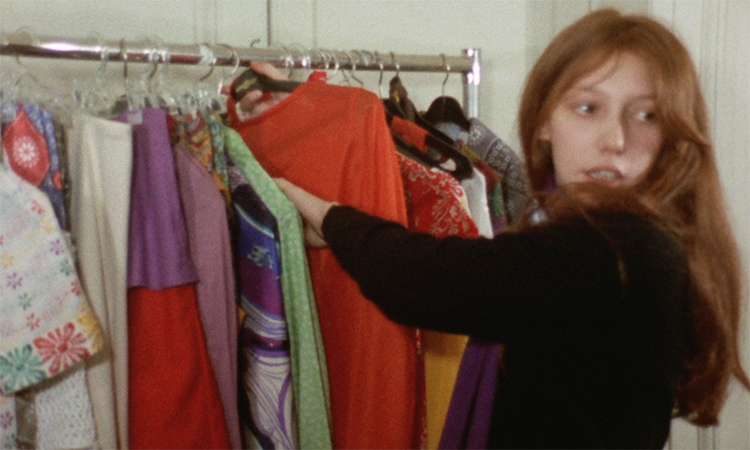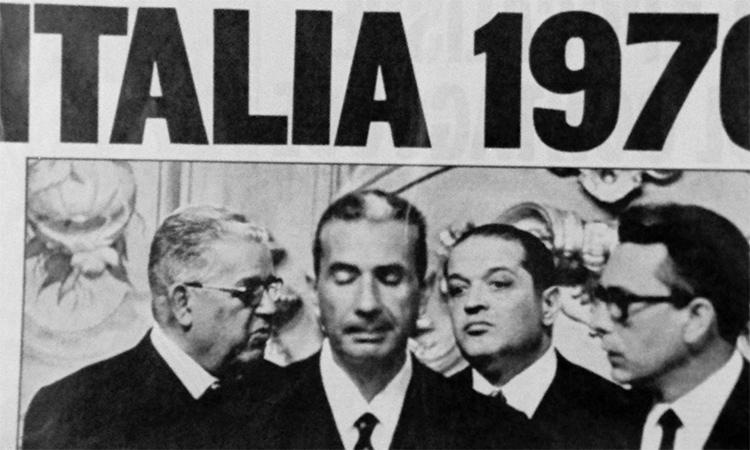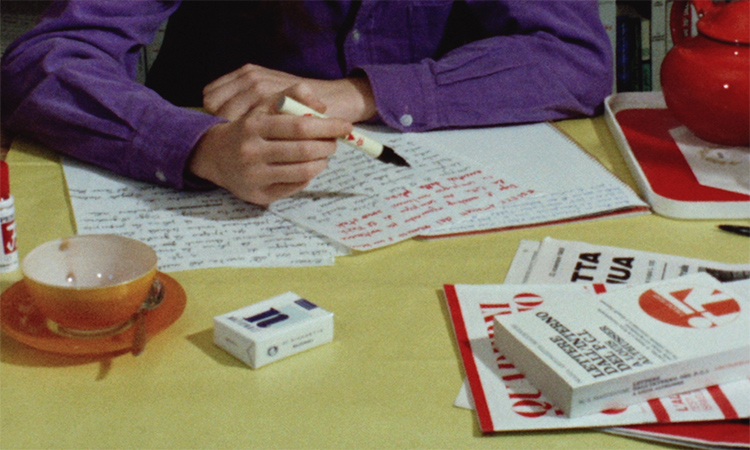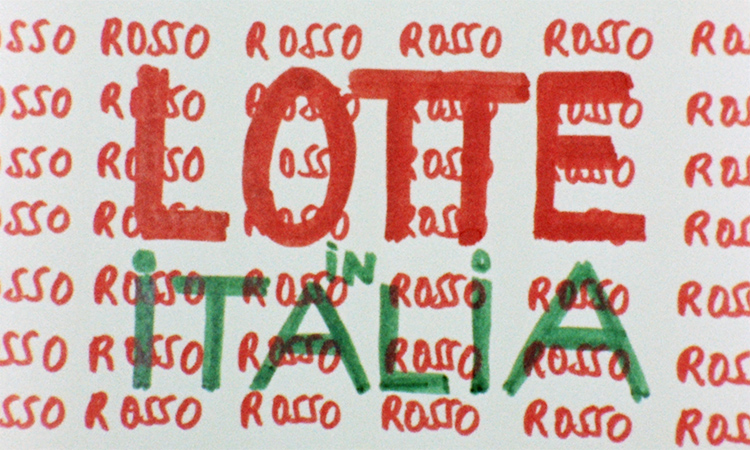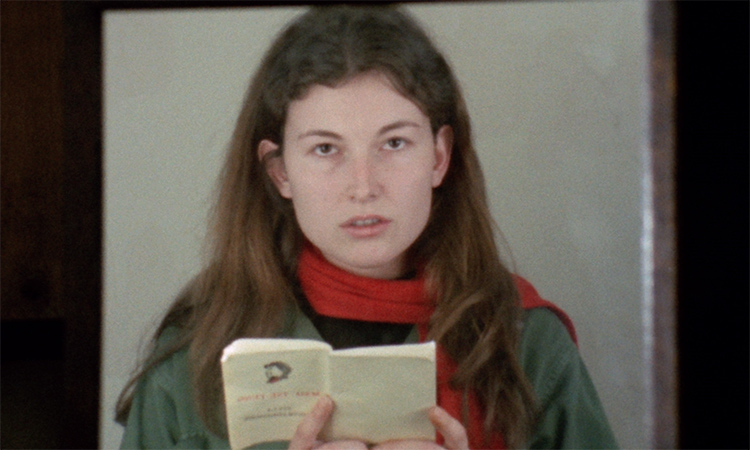STRUGGLE IN ITALY
Jean-Luc Godard & Jean-Pierre Gorin, France, 1971, Arrow Films, ArthouseUpon the completion of WEEKEND in 1967, Jean-Luc Godard shifted gears to embark on engaging more directly with the radical political movements of the era -- and thus creating a new kind of film, or, as he eventually put it: “new ideas distributed in a new way.” This method involved collaborating with the precocious young critic and journalist, Jean-Pierre Gorin. Both as a two-person unit, and as part of the loose collective known as the Groupe Dziga Vertov (named after the early 20th-century Russian filmmaker / theoretician), Godard and Gorin would realize “some political possibilities for the practice of cinema” and craft new frameworks for investigating the relationships between image and sound, spectator and subject, cinema and society.
These films, long out-of-circulation except in film dupes and bootleg video, here make their formal repertory theatrical debut. They provide a crucial glimpse of Godard’s radicalization, and of the aesthetic dialogue between him and Gorin that, in essence, invented a modern militant cinema. As Godard told an English journalist of the era, film is not a gun -- but “a light which helps you check your gun.”
STRUGGLE IN ITALY: not necessarily a film about the struggles in Italy; it was in fact largely shot in Godard and Anne Wiazemsky’s home at the time. This is a discursive reflection on a young Italian woman’s shift from political “theory” to political “practice” and, at the same time, a self-questioning of its own practice and theories.
